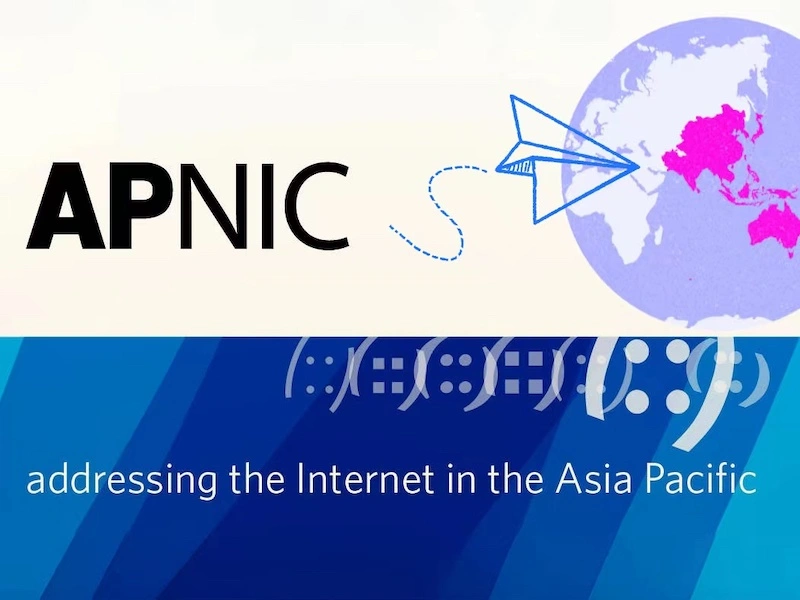- APNIC joins the 42nd TWNIC IP Open Policy Meeting to discuss IPv6 and Internet resilience.
- The meeting highlights regional collaboration for inclusive and sustainable Internet policies.
What happened
APNIC participated in the 42nd TWNIC IP Open Policy Meeting, held in Taipei on 23 October 2024. The event welcomed approximately 80 participants to hear from speakers on topics including Internet security, AI, IPv6 deployment and much more.
APNIC emphasized fostering regional partnerships and addressing unique challenges in Asia-Pacific, including disparities in digital infrastructure. The meeting underscored the need for inclusivity, bringing together experts and emerging professionals to discuss ways to strengthen Internet resilience. In addition to presenting technical expertise, APNIC advocated for transparent and open policy-making processes to ensure sustainable Internet growth.
Che-Hoo Cheng presented a keynote speech titled ‘Internet Security – A Solid Foundation for Sustainable Internet Development’. In his presentation he discussed security strategies and tools such as RPKI and ROV to protect Internet infrastructure and enhance routing security.
In addition, Geoff Huston delivered a remotely recorded presentation on ‘QUIC’ where he highlighted how the protocol enhances Internet performance and explored its advantages over traditional TCP.
Also read: Event Wrap: 42nd TWNIC IP Open Policy Meeting
Also read: What is APNIC? Inside the backbone of Asia’s internet
What it’s important
The significance of the 42nd TWNIC IP Open Policy Meeting lies in its broader implications for the Asia-Pacific region, where Internet growth is outpacing infrastructure development. This meeting addressed critical issues like IPv6 adoption, a necessary transition as the IPv4 address pool is exhausted globally. APNIC’s emphasis on routing security and collaborative policymaking resonates with global challenges, such as preventing cyberattacks and mitigating Internet disruptions, which have plagued sectors from healthcare to financial services.
Smaller companies, particularly startups in the region, stand to benefit from these discussions. For example, NextCloudAsia, a regional cloud service provider, faces barriers like inconsistent routing protocols and limited IPv6 integration, which hinder their scalability and cross-border operations. Addressing these challenges through policy improvements ensures fair competition with larger firms. APNIC’s initiatives to foster inclusivity further empower these smaller players by providing them a voice in shaping equitable Internet policies.
Taking a positive stance, this meeting illustrates how localized efforts can ripple out to impact global Internet governance. Events like this highlight the need for collective responsibility in addressing digital divides.

